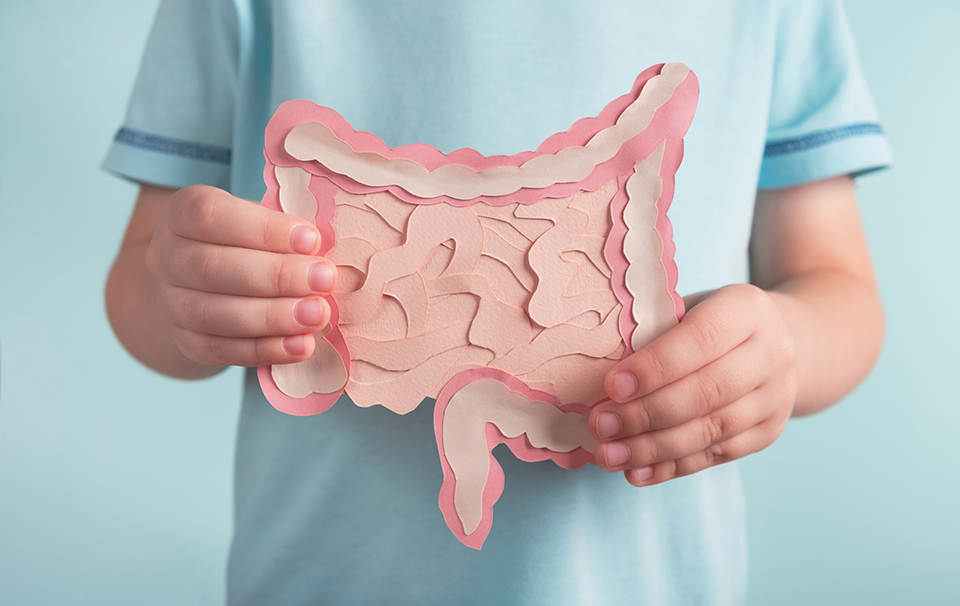At the Brain Treatment Center of Dallas, we’re committed to providing the best care possible for those with autism. And because ASD is so complex, we make it a priority to stay up-to-date with the latest research to help our patients.
Dr. Miller regularly reviews studies, attends conferences, and partners with other experts to ensure we’re aware of any recent developments in autism treatment. We do this because we believe staying informed helps us provide better care.
A New Understanding of Autism: The Gut Microbiome

The “gut microbiome” refers to the collection of bacteria, fungi, viruses, and other microorganisms living in our intestines. And recent research has found that the gut microbiome might affect brain health. This is especially interesting for autism, as there’s still so much scientists don’t fully understand.
In this recent study, researchers compared the gut microbiomes of children with autism to those without autism. They found that kids with autism had different levels and types of bacteria, viruses, and fungi in their guts. Some usually helpful bacteria were missing, and certain important metabolic pathways were less active. This discovery gives us new clues about how autism might develop.
Why This Research Matters for Autism Treatment

Research like this helps us think about autism in new ways. Understanding the gut-brain connection could help doctors create better tools to diagnose autism early or find treatments that improve quality of life. For instance, measuring autism-related changes in the gut could lead to a simple, non-invasive test that identifies autism earlier than ever before.
The recent gut microbiome research is just one example of how scientists are finding new ways to understand autism. We hope studies like these will lead to more tools for diagnosing autism and more treatments that help people with ASD live fuller, happier lives.
Using MeRT to Personalize Care for Autism
While scientists continue to study the microbiome and autism, our clinic focuses on a treatment known as Magnetic e-Resonance Therapy, or MeRT®.
This gentle, personalized approach targets specific brain waves and helps adjust brain activity to benefit those with autism. MeRT is based on years of research on the brain and is a great option for people looking for a non-invasive treatment.
If you’d like to learn more about how MeRT might help you or a loved one, please contact us. We’re here to answer any questions and share how our approach can make a difference.
Call our New Patient Coordinator at
214-225-1657
Or fill in the form below and we will contact you.
Contact Us
*Results are based on active and strict observation of our regimens. Results may vary based on the individual users and are not guaranteed.